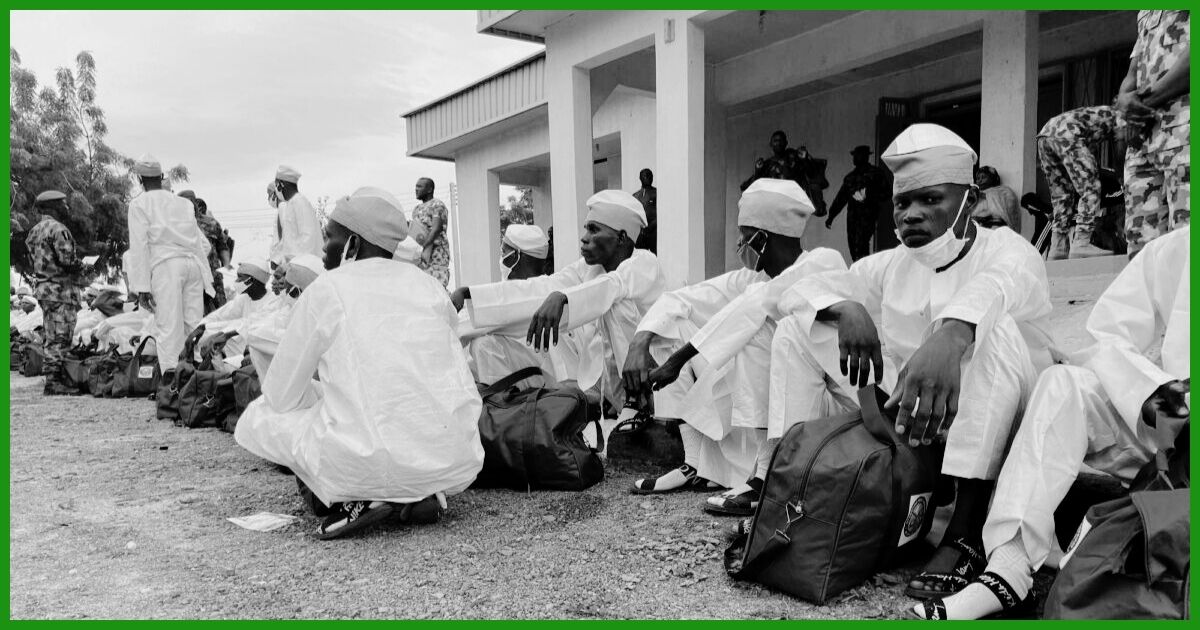A group of retired Nigerian soldiers has expressed renewed concerns about the government’s program to rehabilitate and reintegrate former Boko Haram members.
Their anxieties stem from the “Operation Safe Corridor” (OSC), a de-radicalization program launched under the previous administration. The program has been operational for several years and claims to have processed over 4,000 ex-Boko Haram fighters.
In September 2023, reports indicated that over 2,168 ex-Boko Haram members had completed the programme at the Kwami Local Government Area, Gombe State de-radicalization camp within the past eight years. Similarly, January 2023 saw plans for the military to hand over 613 rehabilitated terrorists to their respective state governors.
However, the program’s effectiveness is under scrutiny. In July 2022, allegations surfaced that some “rehabilitated” Boko Haram members, despite renouncing the group, maintained contact with former colleagues, potentially providing them with valuable intelligence.
These accusations involved individuals who were reintegrated into the Bama community of Borno State and resettled at the Government Girls’ Secondary School Bama. The retired soldiers fear that such instances highlight potential security risks associated with the program.
The concerns come amidst ongoing violence perpetrated by Boko Haram and its splinter groups in Nigeria’s northeast region. The group’s insurgency has caused immense suffering and displaced millions of people.
The Nigerian government maintains that the OSC program is crucial for countering terrorism and fostering peace. They argue that rehabilitation offers a path away from extremism for those who genuinely renounce violence.
However, the retired soldiers’ concerns raise critical questions about the program’s vetting process and the potential for manipulation. The government will likely face continued pressure to ensure the program prioritizes genuine rehabilitation and doesn’t inadvertently strengthen the very group it seeks to weaken.



